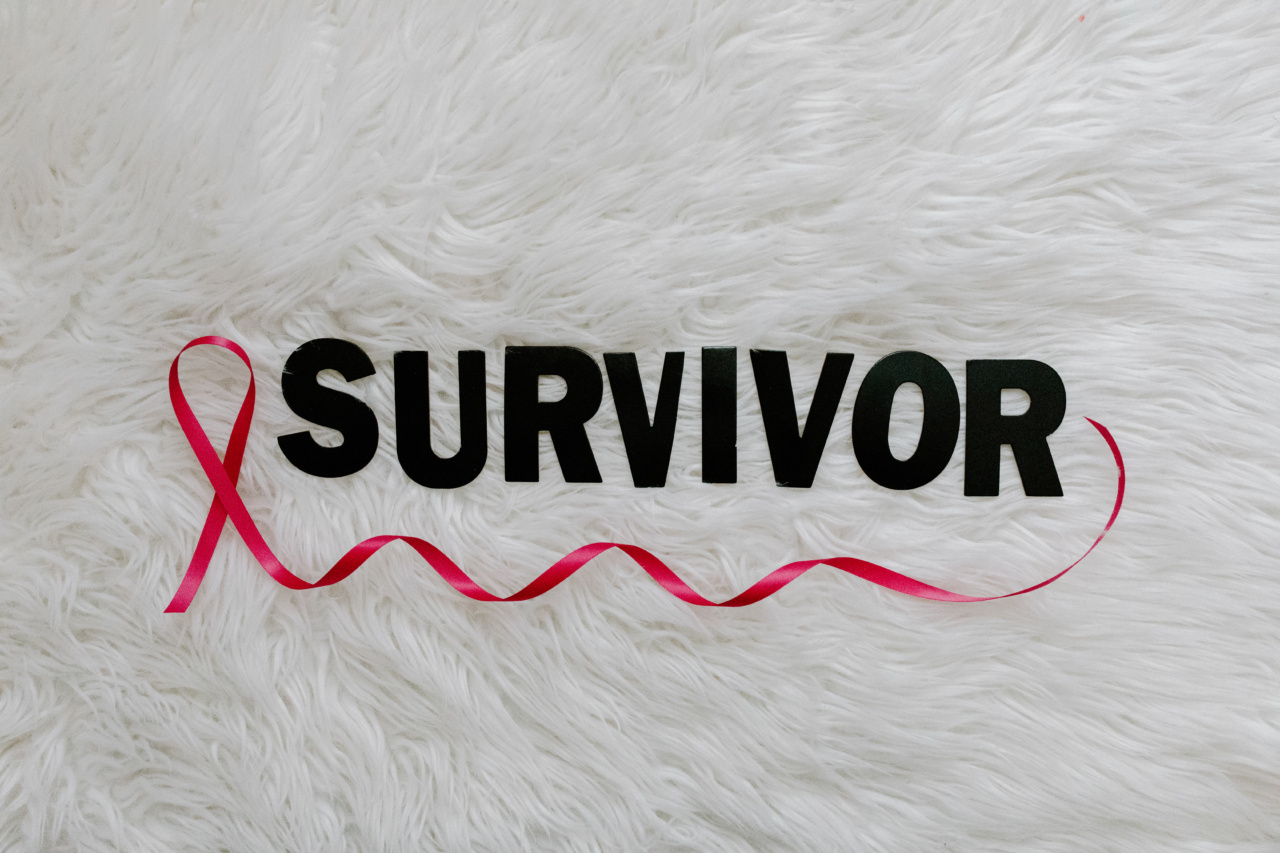There has been a growing concern among researchers and the general public about the potential link between night work and breast cancer.
The hypothesis suggests that the disruption of the body’s natural circadian rhythm due to night shifts could impact hormone levels, particularly melatonin, and increase the risk of developing breast cancer. However, a recent comprehensive study conducted by renowned scientists challenges this long-held notion. The study found no evidence supporting the association between night work and breast cancer.
The Role of Melatonin and Circadian Rhythm in Breast Cancer
Before delving deeper into the study’s findings, it is important to discuss the proposed mechanism behind the night work and breast cancer hypothesis.
Melatonin, often referred to as the “sleep hormone,” is a hormone produced in the pineal gland within the brain. Its production is influenced by the body’s natural circadian rhythm. Night work disrupts this rhythm, potentially leading to lower melatonin levels in individuals working during nighttime hours.
Research has shown that melatonin plays a role in regulating estrogenic activity in breast tissue. Lower melatonin levels could result in increased estrogen production, which has been associated with an elevated risk of breast cancer.
The hypothesis hinges on the idea that night work-induced melatonin disruption could result in hormonal imbalances and subsequently contribute to the development of breast cancer.
A Meta-analysis of Multiple Studies
To investigate the alleged link between night work and breast cancer, researchers conducted a thorough meta-analysis, compiling and analyzing data from numerous epidemiological studies.
The combined dataset included information from over 200,000 individuals, both those who reported night work and those who did not.
The results of the meta-analysis were surprising. Researchers found no significant association between night work and breast cancer risk.
Even after controlling for various variables such as age, family history, and lifestyle factors, the lack of a clear correlation persisted.
The Importance of Longitudinal Studies
Despite the compelling findings of this meta-analysis, researchers emphasize the need for further investigation. Longitudinal studies could provide a more comprehensive understanding of the potential effects of night work on breast cancer risk.
Such studies would follow individuals over an extended period, tracking their exposure to night work and monitoring their health outcomes.
With the increasing prevalence of night work across various industries, including healthcare, transportation, and hospitality, it is crucial to understand its potential impact on employee health.
Longitudinal studies could shed light on any subtle or long-term effects of night shifts on breast cancer risk.
Additional Considerations and Confounding Factors
While this comprehensive study found no significant association between night work and breast cancer risk, it is important to acknowledge potential limitations.
Confounding factors, such as lifestyle choices, socioeconomic status, and other occupational hazards, may impact the outcomes.
Furthermore, it should be noted that the link between night work and breast cancer risk may vary depending on individual factors such as age, genetics, and overall health.
Different individuals may have varying sensitivities to the potential effects of night shifts on hormone levels.
Recommendations and Future Research
Based on the current findings, it would be premature to make definitive conclusions about the relationship between night work and breast cancer.
However, the results of this comprehensive study should provide some reassurance to individuals working night shifts.
Further research is crucial to gain a more nuanced understanding of the potential risks associated with night work.
Scientists should explore the role of other hormone levels, consider lifestyle factors, and conduct longitudinal studies to track individuals’ health outcomes over an extended period accurately.
Enhancing Workplace Practices and Employee Well-being
Although there may not be a proven link between night work and breast cancer, that does not mean employee well-being should be overlooked. Employers should consider implementing measures to improve the work environment for night shift workers.
This may include providing adequate breaks, creating comfortable resting areas, and offering guidelines on maintaining healthy sleep patterns.
Furthermore, night shift workers should prioritize self-care and take steps to mitigate any potential health risks associated with their work schedule.
This includes maintaining a regular sleep schedule, ensuring exposure to sufficient natural light during waking hours, and adopting healthy lifestyle habits overall.
The Final Verdict: Night Work and Breast Cancer
Overall, the comprehensive study discussed here found no evidence supporting the long-held belief that night work increases the risk of breast cancer.
While it is important to remain cautious and consider potential confounding factors, these results provide some reassurance to the millions of individuals working non-traditional hours.
Nevertheless, the need for further research persists. Longitudinal studies can help unravel the complex interactions between night work and breast cancer risk, shedding light on any subtle effects that may manifest over time.
This continued investigation is essential for promoting the health and well-being of those working in nocturnal occupations.























